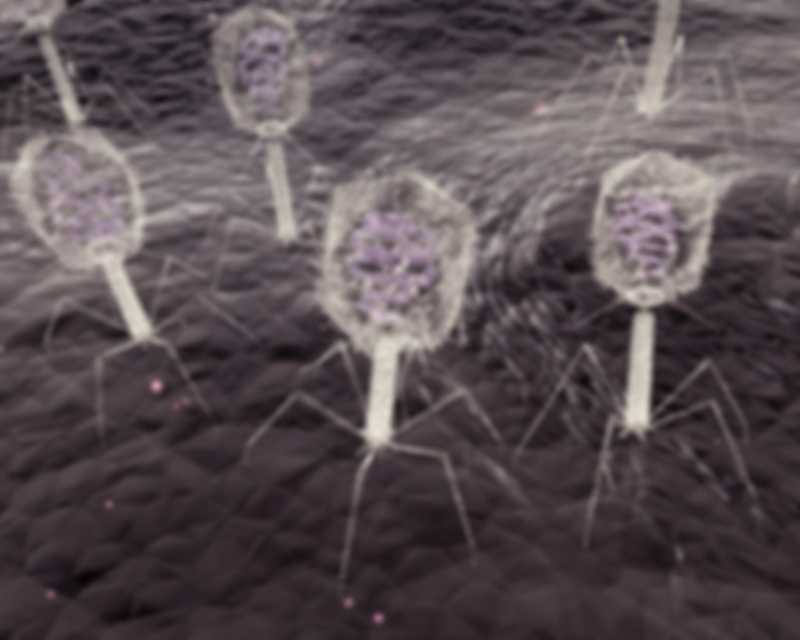IP Transfer 3.0 – ‘Transfer pocket knife’
A joint pilot program of SPRIND, Stifterverband and Fraunhofer ISI
To date, carrying over and applying research findings into industry and society has only seen limited success. More often than not, the processes of transferring intellectual property (IP) at German universities are too lengthy and complicated, hindering start-up teams’ necessity for fast action and transparent processes. There are neither standardized solutions (blueprints) for the various transfer constellations nor do universities and other research institutions have uniform expertise in IP transfer.
Consequently, spin-off processes are often troubled by uncertainties, even involving conflicts between start-up teams and university technology transfer units. This is because the focus of these institutions is primarily on legally compliant processes and contracts as well as on short and medium-term returns.
In turn, this often inhibits spin-offs or forces teams to agree to conditions with high financial consequences. Financing is therefore unattractive for venture capitalists and that means, promising spin-offs are not given the potential to grow. Slow and less transparent transfer processes also impair the spin-offs’ developmental head start and thwart the start-up teams’ motivation.

‘IP Transfer 3.0 – New Paths to IP Transfer’ is a joint pilot program of SPRIND, the Stifterverband, and the Fraunhofer Institute for Systems and Innovation Research (Fraunhofer ISI). The initiative is also supported by niedersachsen.next startup. The experimental community consisting of 17 universities, non-university research institutions, and research associations is united in the ambition to fundamentally simplify and accelerate the IP transfer process for spin-offs and to shape this process for the future success of new companies.
Barbara Diehl, who heads the IP transfer 3.0 initiative at SPRIND, explains in an interview how this can be achieved successfully.
Together with the IP Transfer 3.0 pilot group and external experts, the project partners have developed an initial version of the IP Transfer 3.0 called the ‘Transfer pocket knife ’. This version aims to address the existing challenges and provide both scientific institutions and start-up teams with the tools to accelerate the IP transfer process at German universities and research institutions in the future while also making it transparent and legally secure.
(1) Recommendations for translating the IP scorecard into an IP transfer model in the research-based spin-off process
(2) IP-Wahl-O-Meter for start-up teams (beta version)
(3) The Harvard method for conflict-free negotiation in IP transfer
(3) International practice in dealing with IP-based spin-offs from scientific institutions and a comparison to the situation in Germany
(4) Model contracts for transfer models
More information: Transfer pocket knife
In the period 2024 to 2025, a total of three surveys of different stakeholder groups were conducted as part of the pilot project in order to obtain a differentiated picture of IP transfer from German scientific institutions: First, investors were asked about their acceptance of the transfer of IP rights. Secondly, spin-offs were asked to share their experiences with the transfer of IP from science, and finally, scientific institutions and their technology transfer offices were asked about the transfer of IP to spin-offs and its framework conditions. The very insightful, detailed evaluations are available to the wider scientific community for use and discussion purposes.
Details on the three surveys can be found here.
The Federal Agency for Breakthrough Innovations (SPRIND), the Stifterverband, the Bundesverband Deutsche Startups e.V., the High-Tech Gründerfonds and the TransferAllianz welcome the fact that the new German government has explicitly anchored the transfer of usage and property rights to research-based spin-offs in the Coalition Agreement 2025. We summarized our recommendations in a policy paper in June 2025.
FURTHER RELEVANT MATERIALS AND SOURCES
- Bundesministerium für Bildung und Forschung (July 2023): Transferbrücken im Rahmen der Deutschen Agentur für Transfer und Innovation
- Bundesministerium für Wirtschaft und Klimaschutz (July 2022): Start-up-Strategie der Bundesregierung
- German Standards Setting Institute: Standardverträge
- EFI Gutachten 2024: Download expert report
- DUZ Transfer & Innovation 01/2025 with special part on IP-Transfer 3.0
The work on the Transfer pocket knife includes a policy paper, which evaluates the New Paths to IP Transfer at German scientific institutions. The paper also summarizes recommended actions for policymakers and embraces the individual elements of the Transfer pocket knife. It is a joint publication by the project partners of the IP Transfer 3.0 – New Paths to IP Transfer (SPRIND, Stifterverband, and Fraunhofer ISI, supported by Startup Niedersachsen).
You are welcome to send any questions and feedback on the IP Transfer 3.0 to Stifterverband.



